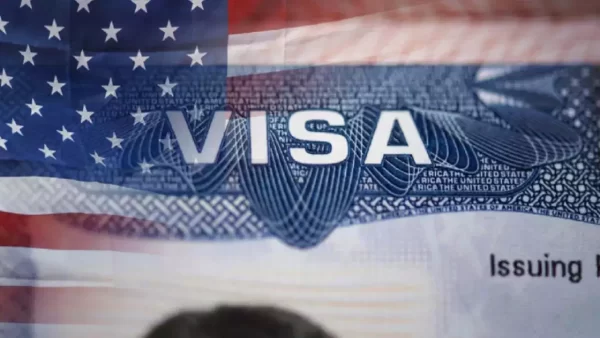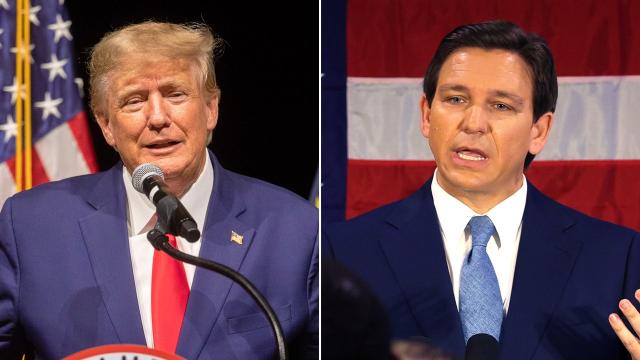Taiwan accused Chinese troops of simulating attacks on his main island on Saturday, when Beijing duplicated his retaliation for the visit of the speaker of the US DPR Nancy Pelosi to Taipei after announcing the suspension of cooperation with Washington on the main problems.
The relationship between the two super powers has been swooping after the pelSi journey to the neighboring neighbors of China-which is claimed to be their territory-memicu call from the United Nations for urgent tension.And Friday saw the environment the latest victim of geopolitics, as Beijing said would withdraw from a series of discussions and cooperation agreements with Washington – especially about climate change and defense cooperation.
The two largest pollutants in the world have promised to work together to accelerate the climate action of this decade and vow to meet regularly to overcome the crisis – the agreement that now looks shaky.Beijing on Saturday continued some of his biggest military exercises around Taiwan-training which aimed at practicing the blockade and the ultimate invasion of the island, the analysts said.
Taipei said they observed “many” Chinese aircraft and ships operating in the Taiwan Strait, believed they simulated attacks on the main island of democracy that was governed by itself.”Some batch of communist aircraft and ships that carry out activities around the Taiwan Strait, some of which crossed the median line,” said his defense ministry in a statement, referring to the demarcation line that flowed down the Taiwan Strait that was not recognized by Beijing.In an effort to show how close the Chinese troops had reached Taiwan coast, the Beijing military last night released the air force pilot video that was filmed from the island coastline and mountains from the cockpit.
Beijing also said they would hold direct shot exercises in the southern part of the Yellow-Sea which are located between China and the Korean Peninsula from Saturday to August 15.Chinese announcer of China, CCTV, has reported that Chinese missiles have flew directly to Taiwan during the exercise – big escalation if confirmed.
Taipei remains challenging, insisting it will not be done by “evil neighbors”.
‘Punishing the whole world’
The scale and intensity of Chinese exercise has triggered anger in the United States and other democracy, with the White House calling the Chinese Ambassador to Washington on Friday to reprimand him over Beijing’s actions.Beijing’s decision to withdraw from the collaboration won about climate change has now triggered a broader concern about the future of this planet.
“This is clearly worrying and giving rise to concerns,” Alden Meyer, a senior colleague at E3G, a think tank that focuses on climate, to AFP.”It is impossible to overcome the climate emergency if the economy number one and number two of the world and the number one and number two transmitters did not take action,” he said.”And it’s always better that they do that collaboratively.”Spokesman for the National Security Council John Kirby told reporters in Washington that the decision was “fundamentally irresponsible.”
“They really punished the whole world, because the climate crisis did not recognize geographical boundaries and borders,” Kirby said.”The largest emitter in the world now refuses to be involved in important steps needed to fight the climate crisis.”UN Secretary General Antonio Guterres warned that the two superpowers must continue to work together with the world.”For the Secretary General, there is no way to solve the most urgent problems throughout the world without dialogue and effective cooperation between the two countries,” said his spokesman Stephane Dujarric.
‘The new normal’
But with the tension of Taiwan has risen to the highest level in nearly 30 years with an increased risk of military conflict, experts told AFP the latest decline in the relationship between the two super powers can be deep and durable.
“The relationship is in a very bad place right now,” said Bonnie Glaser, a Chinese expert in Germany Marshall Fund.
The Friday suspension of military dialogue and bilateral maritime while China continued its military training “was very worrying,” he said.
“We don’t know what else they will do,” he said. “We just don’t know if this is just a temporary thing.”
John Culver, a former CIA Asian analyst, said in a discussion organized by the Strategic and International Study Center that Beijing’s main purpose with his military training was to change the status quo.
“I think this is a new normal,” Culver said. “The Chinese want to show … that the line has been crossed by the speaker’s visit.”


